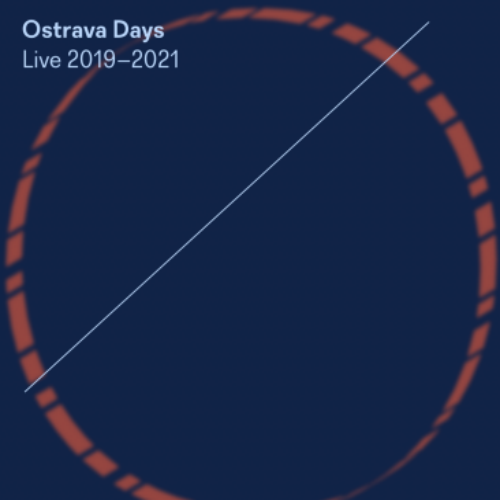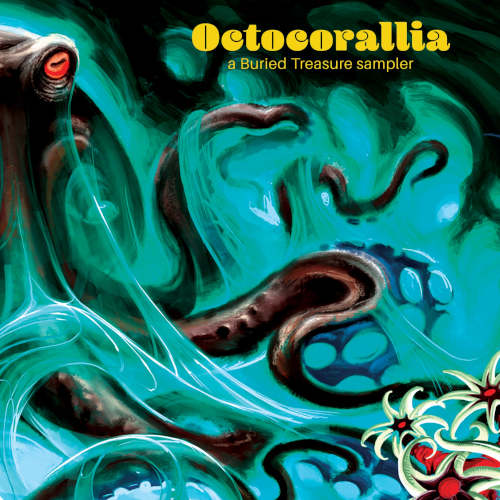4AD (UK)/RVNG Intl (USA and elsewhere)
 About two thirds of the way in to Holly Herndon‘s Platform, on the track “Lonely at the Top”, there comes an intimacy so disarming that, on first listen, I was unsure of what I was hearing.
About two thirds of the way in to Holly Herndon‘s Platform, on the track “Lonely at the Top”, there comes an intimacy so disarming that, on first listen, I was unsure of what I was hearing.
Platform is Holly’s second album; I reviewed her first album, Movement and, though I liked it a lot, I found it a little too disjointed, calling it “admirable geekery” that needed “more substance to be fulfilling”. And perhaps this is why I am so enamoured of Platform — it is more joined-up and coherent as a singularity — more than a collection, it has something of the narrative shape that I associate with the idea of an album.
Whilst Platform carries many of the same motifs of Movement — the disjointedness is a signature, and Holly’s use of techno repertoire and her insistence in making challenging music that is both dissonant and hauntingly melodic has been one of the delights of discovering her work. The opening tracks remind us that we are not in traditional techno territory — and I love that I am able to even write that, to say that the genre has survived and sustained long enough for traditions to have been established, only to be challenged by new artists, with samples and sequences that are not quite what you’d expect. Yet there is a danceability, a catchiness, to much of this album, that only appeared fleetingly on Movement.
But it is not until “Lonely at the Top” that I realise just how subversive this album is, with its soft, entirely whisper-spoken vocal (from Berlin Community Radio‘s ASMR ambassador Claire Tolan), backed by what appear to be the sounds of a keyboard being tapped, pages being turned, of water running and slooshing. It is a weirdly intimate conversation and a journey into Autonomous Sensory Meridian Response — the heightened sensations triggered in some individuals by certain stimuli.
Ultimately I think Platform is a really good record. It asks a lot of the listener but it also gives a lot back. It is fun whilst being thought-provoking. Themes of surveillance and inequality run throughout and through more lyrically accessible writing this record manages to be more obviously subversive and better for it, not least because it offers another viewpoint, a way to engage with technology in a positive way; direct action through love. It is musically thrilling, a really uplifting record, which in its themes allows us, perhaps, some access to explore our own conflicted feelings about the technologies that inhabit and invade our own private lives.
-Arwen Xaverine-



